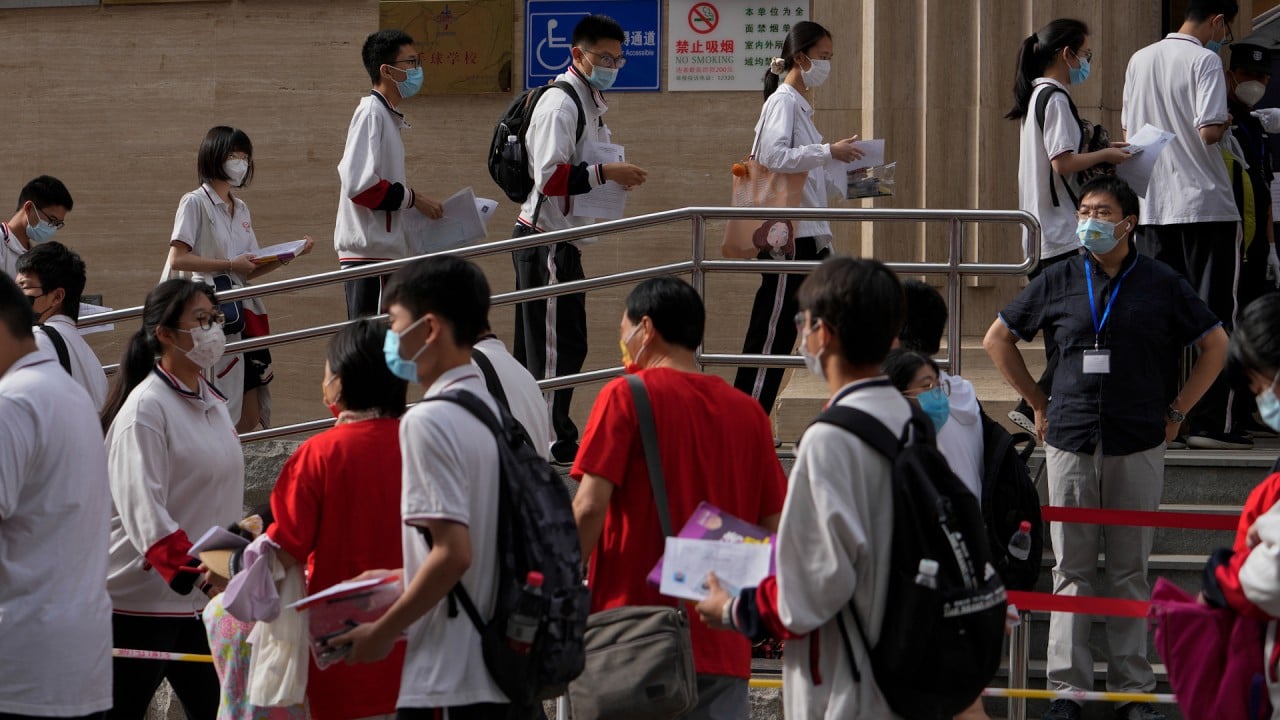In the second of a four-part series on China’s universities and campus life, Alcott Wei looks into the effects of geopolitical tensions in the country’s joint venture campuses with overseas institutions. Read the first part here.
Richard Li, president of a Japanese culture club at a university in China, was pulled aside after a club meeting by a faculty supervisor. He was taken to a shadowy corner and warned that none of his proposals for club activities would be approved. He was flabbergasted.
Advertisement
The reason: his proposals promoted Japanese culture, but Japan had discharged radioactive water into the sea, despite objections from China.
“Our club has never faced such a situation before. I thought this wouldn’t happen at a Sino-foreign joint university,” said the 21-year-old.
The decision was made by the university’s Communist Party Youth League committee, which handles student association affairs. According to Li, a third-year student, the committee has become more restrictive since June of last year.
The tightening of freedom has apparently affected foreign culture clubs like Li’s as well as others such as LGBT and feminism-related groups.

